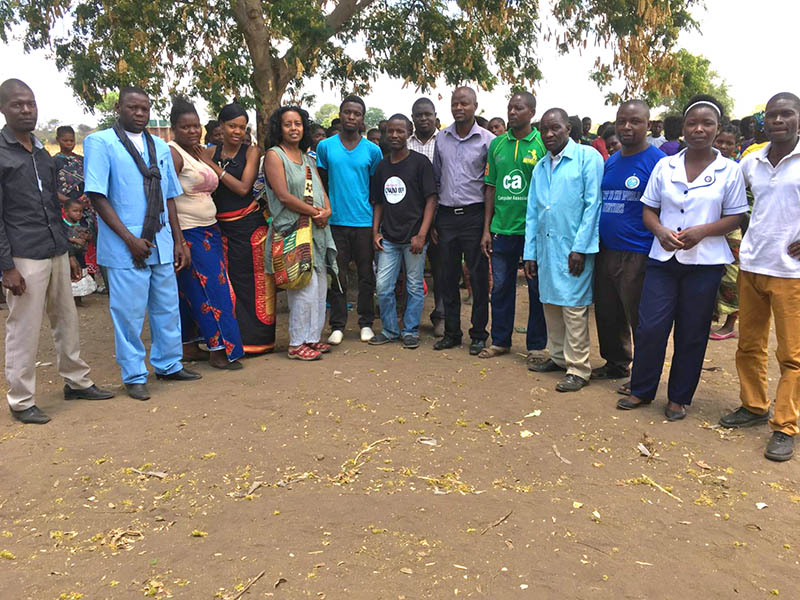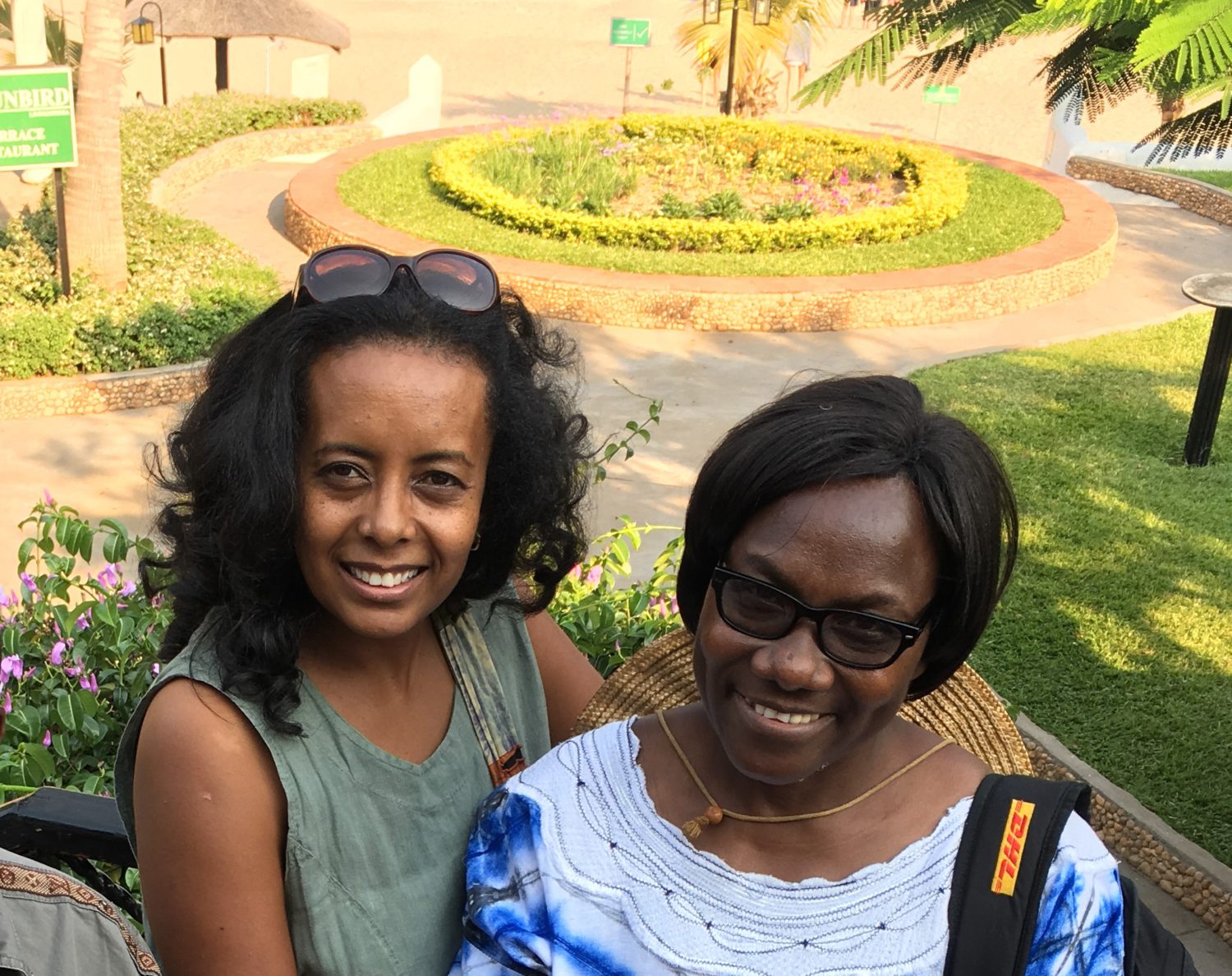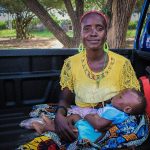Date
08/2017 – 05/2018
Country
Malawi
Client
PSI
Financing Institution
KfW
Consortium Partner
Deloitte (Malawi)
m4h Key Areas
Health Information, Health Services
Project Description
The project objective is the “Improvement of knowledge and acceptance of Family Planning (modern methods) and access for Sexual and Reproductive Health and Rights (SRHR) services in the framework of a rights based and gender sensitive approach (especially for the youth and rural population)”
The project aims to
- Improve the choice of quality, affordable Family Planning (FP) services in rural areas.
- Improve access of FP services and information to youth.
- Increase knowledge about SRHR issues
- Support a favourable policy environment for SRHR at national and community levels.
To improve access to Reproductive Health Services, PSI employs an interconnected network of innovative services to reach different segments of the population that include mobile outreach services, Youth friendly services and clubs, social franchising and social marketing to provide clinical services and family planning commodities to areas in greatest need.
Scope of work
management4health was contracted by the project ‘Strengthening Public-Private Partnerships in Sexual and Reproductive Health (N’zatonse)’, funded by the German Ministry for Development Cooperation (BMZ) through KfW Development Bank.
Purpose of this assignment led by m4h was to:
- Review the project progress and all its components in view of the achievement of the project objectives,
- Make recommendations for project strategies and implementation for the remaining project term,
Specific areas of review
- Organisational capacity assessment of the implementing organisations;
- Assessment of Reproductive Health Service coverage;
- Assessment of the Quality of RH clinical services;
- Assessment of Youth Friendly RH Services;
- Cost analysis;
- Gender analysis;
- Costing of RH Services.
In conclusion, the review team was able to demonstrate that mobile clinical outreach services can successfully increase contraceptive use, particularly in areas with a low contraceptive prevalence, a high-unmet need and limited access to services due to geographic, social or economic barriers. The findings revealed that areas with a well-designed functioning mobile team had an increased access to and uptake of Long-Acting Reversible Contraceptives (LARC) and Permanent methods (PMs).
The team also provided support and recommendations to improve the Quality of Care and using data for decision making.

Evaluation team with the health professionals in districts




